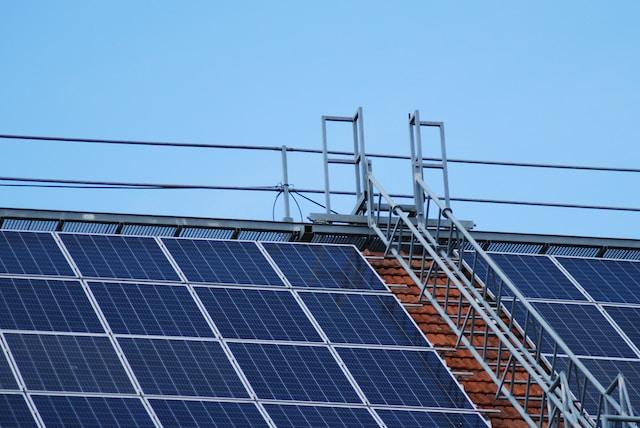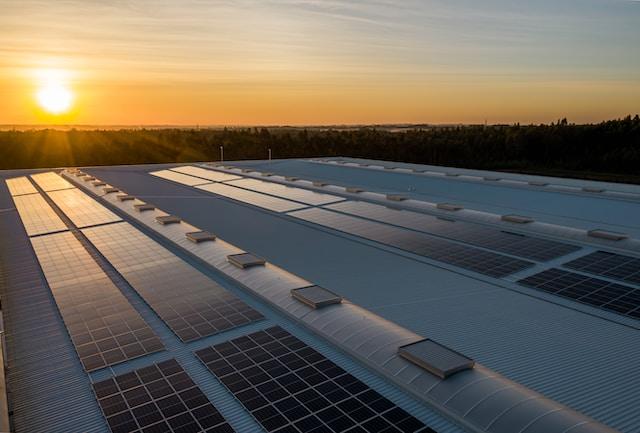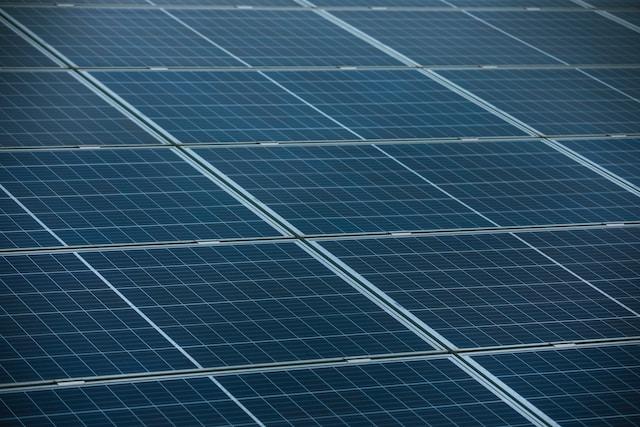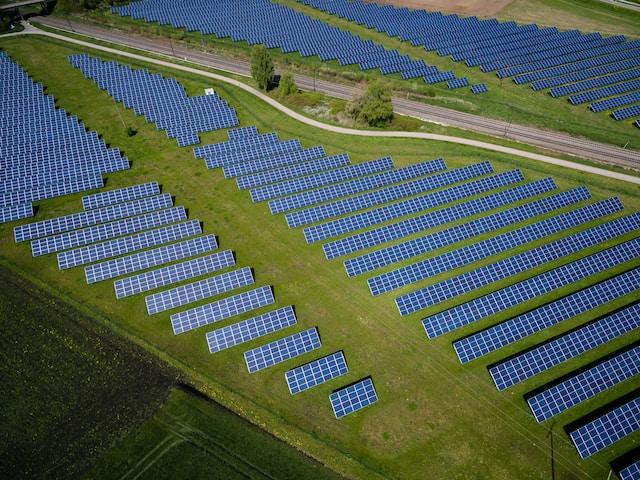
The Impact of Rooftop Solar Panels: Exploring Short and Long-Term Effects
Introduction
As the demand for sustainable energy solutions escalates, the adoption of solar energy, particularly rooftop solar panels, is experiencing a significant upswing globally. This transformative trend is largely driven by environmental consciousness and economic incentives. Our comprehensive guide aims to shed light on the short and long-term effects of installing solar panels on your roof. This exploration will provide vital insights into the environmental impact, financial implications, and property value changes, helping you make informed decisions about this crucial investment. We'll peel back the layers of solar energy benefits and challenges, focusing on aspects like reduction in greenhouse gas emissions, energy savings, and potential maintenance requirements. Stay tuned as we navigate the intricacies of rooftop solar installations and how they might shape your future.
Understanding Solar Energy and Rooftop Solar Panels
Solar energy, a clean, renewable source of power, harnesses the sun's abundant rays to produce electricity. Photovoltaic cells in solar panels absorb sunlight, triggering a process that generates electric current. This energy can power your home, significantly reducing dependence on conventional electricity sources. Rooftop solar panels, an increasingly popular method of harnessing this energy, are designed to seamlessly integrate with your building's structure. They capture sunlight during the day, converting it into electricity for immediate use or storing it in batteries for later. The installation process involves strategically placing panels on your roof to maximize sun exposure, connecting them to an inverter that transforms the direct current into usable alternating current. The implementation of rooftop solar panels serves the dual purpose of providing a sustainable energy solution while also potentially decreasing your utility bills. As we delve deeper into the world of solar energy, we'll explore the tangible short and long-term impacts of these systems on your household and the environment.
The Short-Term Effects of Rooftop Solar Panels
Rooftop solar panels are not just a sustainable energy choice but also have tangible short-term effects on the environment, your finances, and property value. Starting with their environmental impact, solar panels significantly contribute to reducing reliance on fossil fuels. By harnessing the sun's free and abundant energy, these systems decrease the demand for traditional electricity sources, which are often linked to harmful carbon emissions. This shift can result in a considerable decrease in your carbon footprint, actively contributing to the global fight against climate change. Financially, while the initial cost of solar panel installation may seem substantial, it is essential to consider the potential savings on energy bills. By producing your electricity, you can greatly reduce, or in some cases even eliminate, your monthly electricity costs. This can lead to significant savings in the long run, quickly offsetting the upfront investment. Additionally, various government incentives and schemes are available in many regions, designed to promote the transition to renewable energy. These incentives can substantially reduce the initial costs, making solar panels a more accessible and affordable option. Lastly, let's talk about property value. Solar panels can increase the value of your home shortly after installation. As energy efficiency and sustainability become increasingly desirable attributes for prospective home buyers, properties equipped with solar energy systems can command a higher market price. According to multiple studies, homes with solar panels sell faster and at a premium compared to those without, offering a potential immediate return on your investment. Thus, the short-term effects of rooftop solar panels extend beyond environmental contribution, offering tangible financial benefits and enhancing property value.
The Long-Term Effects of Rooftop Solar Panels
Looking beyond the initial benefits, rooftop solar panels also provide substantial long-term effects, contributing to environmental sustainability, economic advantages, increased property value, and energy independence. Starting with environmental sustainability, the long-term benefits are profound. By generating electricity from the sun, solar panels significantly reduce greenhouse gas emissions over time. The cumulative effect of this reduction contributes immensely to the global effort to combat climate change and promotes a healthier environment for future generations. When it comes to economic advantages, the long-term savings on energy bills are substantial. As utility rates continue to rise, the savings gap between conventional electricity and solar energy widens, leading to more significant savings over the lifespan of the solar panels. Furthermore, the financial payback period of solar panels—typically ranging from 5 to 10 years—means homeowners can look forward to free electricity for the remaining lifespan of the system, which is typically 25 to 30 years. In terms of property value, solar panels can be a long-term investment that pays off. Properties with installed solar systems often experience an increase in value over time, as energy-efficient homes become increasingly appealing to environmentally-conscious buyers. This can lead to substantial returns when it comes time to sell the property. Finally, solar panels can provide homeowners with energy independence. By producing your electricity, you reduce reliance on the grid, providing a level of resilience against power outages and fluctuating energy prices. Moreover, if your system produces more electricity than you consume, you may have the opportunity to sell this excess power back to the grid, further offsetting your costs. In summary, the long-term effects of rooftop solar panels offer a multitude of benefits, making them an investment worth considering for homeowners planning for the future.
Potential Challenges and Mitigation
While the benefits of rooftop solar panels are considerable, it's also crucial to understand potential challenges, including maintenance and repair, technological obsolescence, and strategies to mitigate these issues. Solar panels are generally low maintenance, yet they may require occasional cleaning and inspection to ensure optimal performance. Over time, components may wear out or get damaged, leading to potential repair needs. For instance, inverters usually have a shorter lifespan than the panels themselves and might need replacement within the system's lifetime. Moreover, technological obsolescence is a valid concern. As solar technology advances, current panels might become less efficient compared to newer models. This could potentially affect the relative savings and benefits of your solar power system over time. Despite these challenges, there are effective mitigation strategies available. Many solar panels come with long-term warranties—often 25 years—providing a safeguard against any manufacturing defects or performance issues. Regular professional maintenance can help to identify and rectify small problems before they become costly repairs. For concerns about technological obsolescence, one strategy is to consider solar leases or power purchase agreements (PPAs) instead of outright purchase. These agreements often include provisions for upgrading the system as new technology becomes available. Moreover, solar panel manufacturers continuously strive to improve the efficiency and lifespan of their products, which means that future panels will likely deliver even more value. In summary, while potential challenges exist with rooftop solar panels, they can be effectively managed with proper planning and strategic decisions. Understanding these issues should not deter you from considering solar energy but instead empower you to make an informed and confident decision about this valuable investment.
Conclusion
In conclusion, rooftop solar panels offer significant short and long-term effects. They contribute to environmental sustainability, offer financial savings, increase property value, and provide energy independence. Despite challenges like maintenance and potential technological obsolescence, strategic mitigation measures exist to address these concerns. The transition to solar energy is not just a shift in power source—it's a commitment to a sustainable future, a smart financial move, and a step towards energy autonomy. While the journey towards solar energy requires careful consideration, the benefits undoubtedly present a compelling case for this renewable energy solution.
May 10, 2023
Share:
Fresh off the Press
Continue reading
Newsletter
Your journey towards a sustainable lifestyle starts here!
Join our newsletter for the latest on solar panels and clean energy breakthroughs.






